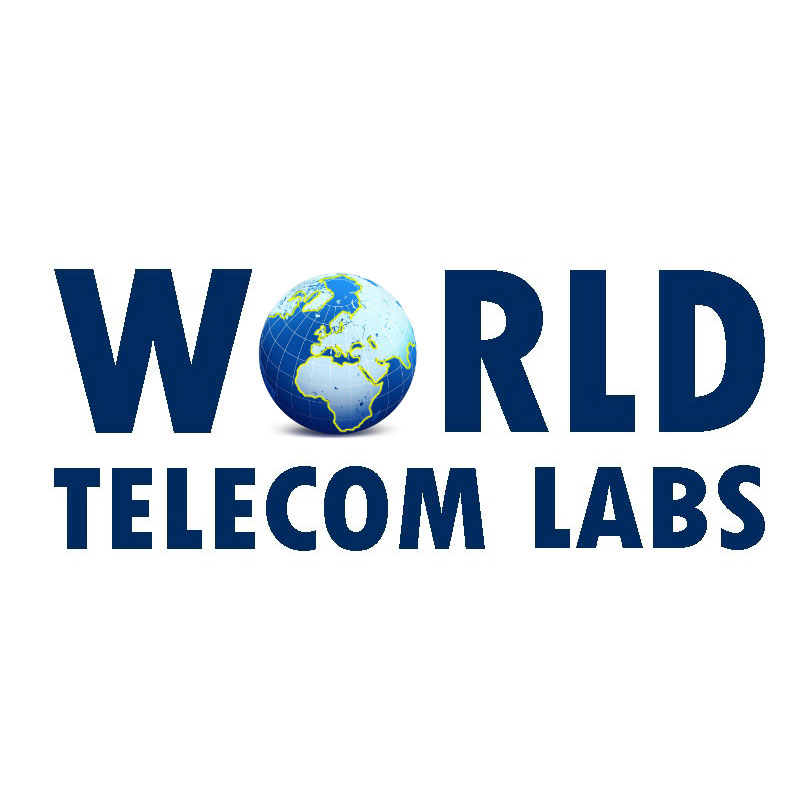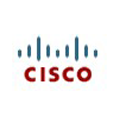 London, 13 August 2015 – The management of names, numbers and protocols of the Internet has been a long-standing cross-hemispheric battle. Come September, consultation will close on how the stewardship of these resources should be transitioned from the bastion of the US Department of Commerce’s National Telecommunications and Information Administration (NTIA) to the wider globally-distributed Internet community.
London, 13 August 2015 – The management of names, numbers and protocols of the Internet has been a long-standing cross-hemispheric battle. Come September, consultation will close on how the stewardship of these resources should be transitioned from the bastion of the US Department of Commerce’s National Telecommunications and Information Administration (NTIA) to the wider globally-distributed Internet community.
The Internet Corporation for Assigned Names and Numbers (ICANN) – under the proposals – will have a role in managing the resources in the new Internet Assigned Names Authority (IANA) regime through an independent subsidiary under contract with the five regional Internet registries and the Internet Engineering Task Force.
At the forthcoming Commonwealth Telecommunications Organisation Forum 2015 to take place on 14 – 16 September 2015 in Nairobi, Kenya, Theresa Swineheart, senior adviser on global strategy to the ICANN’s president, will deliver a keynote on the open inclusiveness of the consultation process and the issues at stake.
Later, Nigel Hickson, vice-president for intergovernmental organisations at ICANN, will chair a session looking at, among other issues:
• How all the stakeholders of the Internet community have been actively collaborating to secure appropriate arrangements to replace the US role in the IANA process;
• How the proposed measures would make ICANN even more accountable to the global Internet community;
• How it is important for all interested in the IANA transition process to have their say during the current consultation process.
Delegates at the Nairobi event will also hear from Tony Clemson, head of cyber capacity building and prosperity at the UK’s Foreign and Commonwealth Office and Alice Wanjira-Munyua, former chair of the Kenyan Internet Governance Steering Committee, on their prognosis on securing the future of the Internet.
Security, stability and resilience of the Internet Domain Name System (DNS) is now more crucial than ever. Facing fortified desktops, network security and next-generation firewalls on the application layer, cybercriminals are now targeting the DNS, the foundation of the Internet itself. Because of its critical role in establishing all forms of connectivity across the Internet, DNS traffic is always allowed to pass through firewalls. Therefore, over the last two years, DNS has become one of the most vulnerable points of exposure in service provider networks.
According to Teletimes International, research firms report record highs of DNS threats in the second quarther of 2015.
Cybersecurity is a priority area for the CTO. Guided by the values captured in the Charter of the Commonwealth, the CTO has developed the Commonwealth Cybergovernance Model, which was adopted by Commonwealth member countries in March 2014. Based on this model, the Commonwealth Approach for Developing National Cybersecurity Strategies is being showcased at a series of regional and national workshops aimed at building the capacity of national stakeholders in cybersecurity.
The CTO also works with member governments, member institutions and partner organisations to convert the CTO’s model for cyberspace governance into practical actions and to implement national cybersecurity strategies.
For more information please contact Osman Siddiqui at o.siddiqui@cto.int
LinkedIn – For Regular updates about the largest Commonwealth ICT event, including session and speaker updates, registrations, logistics, and how you can take part, follow us on LinkedIn at CTOF15.
About the Commonwealth Telecommunications Organisation
The Commonwealth Telecommunications Organisation is the oldest and largest Commonwealth membership organisation in the field of Information and Communication Technologies (ICTs), and uses its experience and expertise to support members in using ICTs to deliver effective development interventions that enrich, empower, equalise and emancipate people within the Commonwealth and beyond.
14 Aug 2015
by admin-4ga
About the Author
Social Share
THE 4G AFRICAN BROADBAND FORUM Welcomes You to the world of 4G Wireless in Africa
The 4G African Broadband Forum serves you to do better business in Africa. Our services to you include:
* Promoting your Events
* Research and Analysis of Your Marketplace
* Business Development - specific and targeted
* Expert Witness - to your regulator and courts
* Invite you and your teams to significant meetings and symposiums in your market place
* Mergers and Acquisitions with empowerment transactions for disadvantaged groups - consulting therein
LINKS
HOME | AFRICA OPERATORS | NEWS | EVENTS | WHITE PAPERS | ASSOCIATES | CONTACT US | MEMBERS
Copyright © 4G African Broadband Forum 2015 | Developed by Milcheff.com
Copyright © 4G African Broadband Forum 2015 | Developed by Milcheff.com









